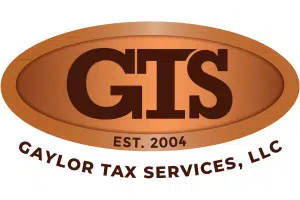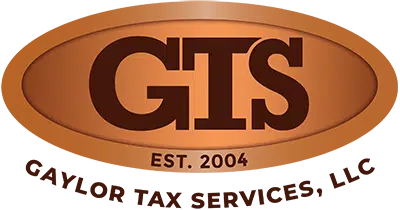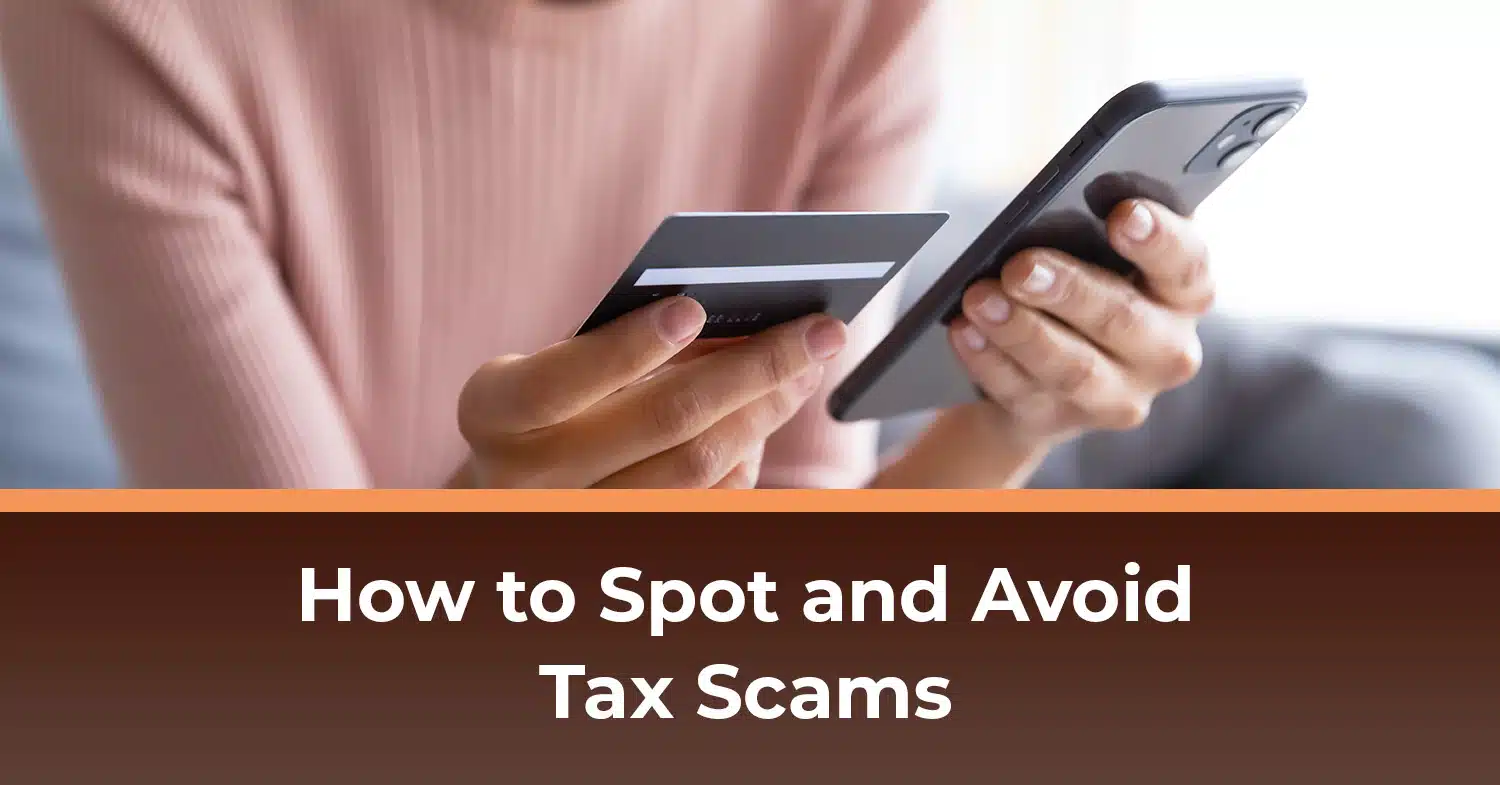Taxes are stressful, and unfortunately, scammers know that and use it to their advantage. Don’t be one of the many who gets tricked – here are tips on how to spot and avoid common tax scams.
Tax Scams – What You Need to Know
There are few things in this world that are guaranteed, but among the guaranteed are three things: death, taxes, and tax scams.
As technology continues to advance, so do tax scams. Every year, they increase in volume as they use new ways to try and trick people into giving up their personal information. And unfortunately – these scammers are pretty successful. But how? It’s because most people are unfamiliar with tax code, which makes them worried they’re doing something wrong when they submit their tax return. Many people believe if something is wrong, the IRS will email or call them. However, the IRS primarily communicates by mail. They rarely call or visit taxpayers and never send emails or texts.
Common Tax Scam Tactics
To protect yourself against tax scams, it’s helpful to know how these scammers work. Here are some of the most common scam tactics to be aware of.
- Phone scams. This is a very common scam. The caller will claim to be with the IRS and will state there is a warrant out for your arrest and demand immediate tax payment. They may threaten to send authorities to your home or suspend your driver’s license.
- Phishing emails. Scammers create convincing emails that look like official IRS communications. The email will instruct you to follow a link to a mock IRS website where some type of information will be requested. It may tell you to provide additional information to receive a refund or demand immediate payment for a tax bill.
- Fraudulent tax preparer. Unfortunately, there are some people out there who pretend to be an official tax preparer during the filing season, only to file a fraudulent return or steal people’s personal details.
- Fake taxes. Some scammers contact taxpayers (through calls, texts, etc.) to demand payment for taxes like the “Federal Student Tax.” Haven’t heard of it? That’s because it doesn’t exist.
- Fake charities. Donating to a charity can be beneficial when it comes time to file taxes. Scammers know this and will impersonate official charities or create fake ones to con people out of money.
How to Protect Yourself
So, now that you know the common scam tactics, we can go over ways to protect yourself.
Know How the IRS Works
Our top tip to stay protected is to know how the IRS works. The IRS will never initiate a conversation with you via email, text, or social network. They will rarely call. If the IRS wants to contact you, they will do so via old-fashioned snail mail (and will call if you haven’t responded to the mail).
Don’t Be Fooled by Logos
It used to be difficult for scammers to reproduce official logos, but in today’s world, it requires very little effort. Don’t be swayed by an email just because it contains a very official-looking IRS logo. Remember – the IRS won’t email you.
Look at URLs Closely
Phishing websites can often look like the real IRS website, but they aim to trick you into entering your private information, which is then used to steal your money and identity. When in doubt, check the URL for the letters “HTTPS.” You should also look for a padlock icon. These indicate two things: your connection to the site is secure, and the owner of the site is who they say they are. If you don’t see either of these, then you might have ended up on a phishing site. Don’t enter information and exit the page.
Verify Your Tax Preparer’s Credentials
Before working and sharing your tax information with a preparer, check they are authorized to file taxes. Ask for their Preparer Tax Identification Number, or PTIN, and ask for other credentials or certifications.
Verify Your Chosen Charities
Before making a donation to a charity, it’s best to verify if they’re real. The best way to do that is to look them up online. Also, remember to make donations using checks or electronic transfers to create a record of the transaction. Cash payments are more difficult to prove.
What to Do if You are a Victim of a Tax Scam
If you think you are a victim of a tax-related scam, there are steps to take to limit the damage to your financial standing and credit score. Do note: You must continue to file your taxes as required if it’s tax season, even if a fraudulent claim has been made in your name. A paper-based return may be necessary in these cases.
- Report the fraud to the Federal Trade Commission.
- Contact a major credit bureau to have a fraud alert placed on your file. When it’s placed, the fraud alert should be applied to all 3 major bureaus, so no need to contact the other two.
- Notify your bank and credit providers about the scam.
- Send tax-related phishing and scam emails to [email protected]

Gaylor Tax Services is here for you year-round, so do not hesitate to contact us.
Gaylor Tax Services is Here for You
Tax scams will, unfortunately, keep happening. But with these tips, we hope we can help taxpayers protect themselves. If you have any tax questions related to scams or not, Gaylor Tax Services is here for you year-round, so do not hesitate to contact us. We can also assist you with tax compliance, tax filing, tax planning, and even support you in case of an audit. We are located in Phoenix, Arizona, but can assist you anywhere in the state.


